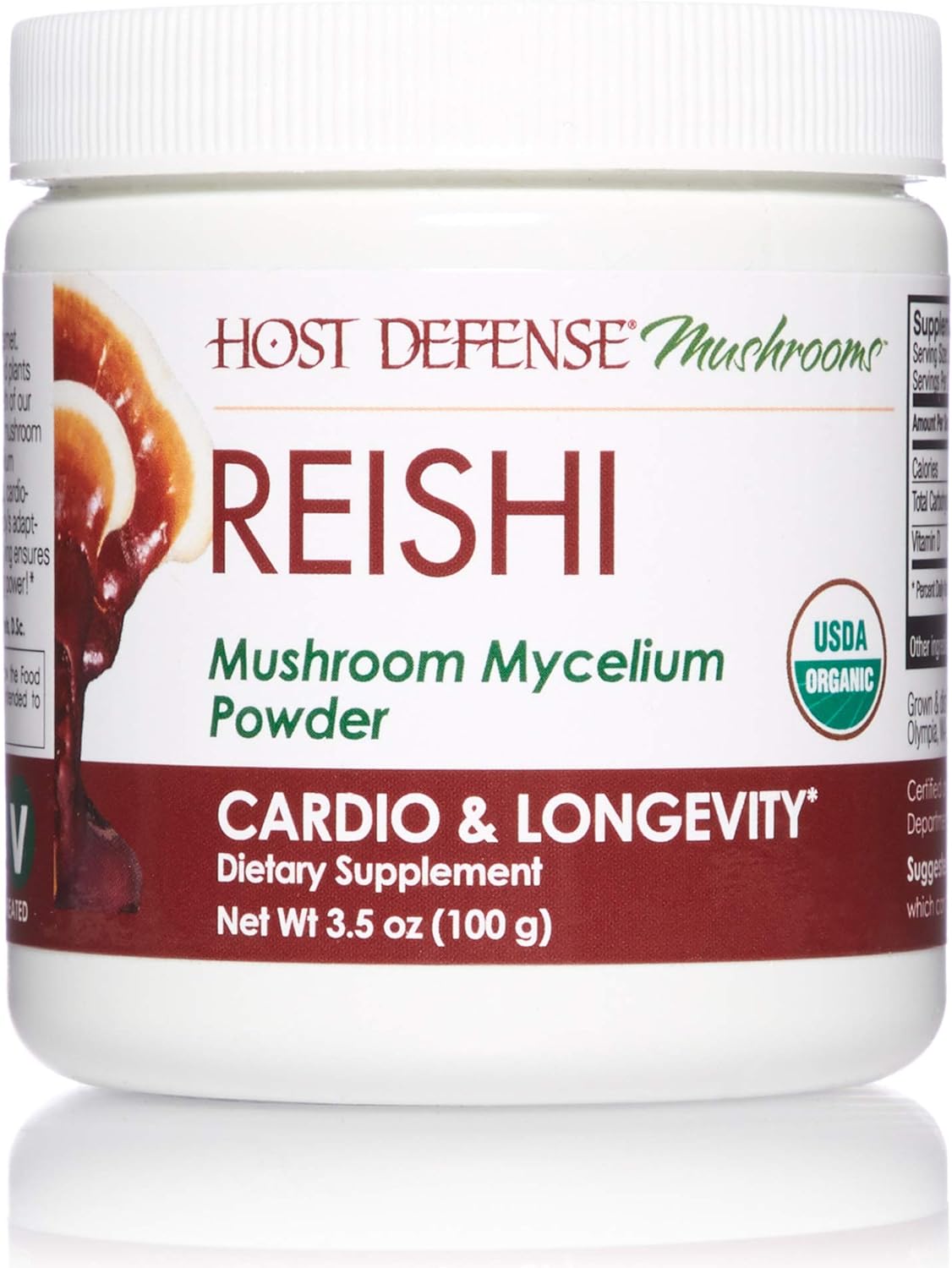Benefits of Reishi Mushroom Supplements

Reishi mushroom, scientifically known as Ganoderma lucidum, is a medicinal fungus with a long history of use in traditional Chinese medicine (TCM) and other Asian healing systems. Revered as the “mushroom of immortality” and the “elixir of life,” Reishi has been treasured for thousands of years for its remarkable health-promoting properties. Reishi mushroom supplements, derived from the fruiting body or mycelium of the fungus, have gained popularity worldwide for their potential benefits. In this comprehensive guide, we explore the multifaceted advantages of Reishi mushroom supplements, drawing upon both historical use and modern scientific research.
Historical and Cultural Significance
Reishi mushroom holds a prominent place in traditional Asian medicine systems, particularly TCM and Japanese Kampo medicine. Its use dates back over 2,000 years, where it was revered as a symbol of health, longevity, and spiritual potency. Reishi was reserved for emperors, royalty, and high-ranking officials due to its rarity and revered status. In ancient texts such as the “Shen Nong Ben Cao Jing,” Reishi was praised for its ability to promote vitality, strengthen the body’s defenses, and enhance longevity. Throughout history, Reishi has been associated with immortality, enlightenment, and spiritual awakening.
Immune Modulation
One of the primary benefits associated with Reishi mushroom supplements is their ability to modulate and enhance the immune system. Reishi contains bioactive compounds such as beta-glucans, polysaccharides, and triterpenes, which have been shown to stimulate the activity of immune cells, including macrophages, natural killer (NK) cells, and T lymphocytes. By enhancing immune function, Reishi mushroom supplements may help the body defend against infections, viruses, and pathogens. Additionally, Reishi’s immunomodulatory effects may help regulate immune response and reduce inflammation, contributing to overall immune balance and resilience.
Adaptogenic Properties
Reishi mushroom is classified as an adaptogen, a category of herbs and fungi that help the body adapt to stressors and promote overall resilience. Reishi contains bioactive compounds such as ganoderic acids and triterpenoids, which help regulate the body’s stress response and promote homeostasis. Reishi’s adaptogenic properties help support adrenal function, reduce cortisol levels, and promote a sense of calmness and well-being. By modulating the stress response, Reishi mushroom supplements may help improve energy levels, enhance mental clarity, and promote emotional balance.
Antioxidant Effects
Reishi mushroom supplements exhibit potent antioxidant activity, which helps protect cells from oxidative damage caused by free radicals and environmental stressors. Reishi contains antioxidants such as polysaccharides, phenolic compounds, and flavonoids, which help neutralize harmful free radicals and reduce oxidative stress. By reducing oxidative damage, Reishi mushroom supplements may help prevent premature aging, support cardiovascular health, and reduce the risk of chronic diseases such as cancer, diabetes, and neurodegenerative disorders.
Cardiovascular Support
Reishi mushroom supplements may offer benefits for cardiovascular health and function. Reishi contains bioactive compounds that help regulate blood pressure, cholesterol levels, and blood sugar levels. Reishi’s cardiovascular benefits are attributed to its antioxidant, anti-inflammatory, and vasodilatory properties. By promoting blood flow, reducing inflammation, and inhibiting the oxidation of LDL cholesterol, Reishi mushroom supplements may help reduce the risk of heart disease, stroke, and other cardiovascular disorders. Additionally, Reishi’s ability to support blood sugar regulation may benefit individuals with diabetes or metabolic syndrome.
Liver Protection
Reishi mushroom supplements have hepatoprotective properties, meaning they help protect the liver from damage and promote liver health. Reishi contains compounds such as triterpenoids and polysaccharides that support liver detoxification processes, enhance bile production, and reduce inflammation in the liver. Reishi’s liver-protective effects may help prevent liver diseases such as fatty liver disease, hepatitis, and liver fibrosis. Additionally, Reishi supplements may help alleviate symptoms of liver dysfunction and support overall liver function and vitality.
Anti-inflammatory Effects
Reishi mushroom supplements exhibit significant anti-inflammatory effects throughout the body. Chronic inflammation is linked to a variety of health conditions, including arthritis, autoimmune disorders, and cardiovascular disease. Reishi contains bioactive compounds such as triterpenes and polysaccharides that help inhibit inflammatory pathways and reduce the production of pro-inflammatory cytokines. By reducing inflammation, Reishi mushroom supplements may help alleviate symptoms of inflammatory conditions, improve joint health, and promote overall well-being.
Cognitive Enhancement
Reishi mushroom supplements may have cognitive-enhancing effects that can help support mental clarity, focus, and cognitive function. Reishi contains compounds such as ganoderic acids and polysaccharides that have neuroprotective properties, helping to protect neurons from damage and enhance cognitive function. Reishi’s adaptogenic effects may help reduce stress-related cognitive decline and promote cognitive resilience. Additionally, Reishi’s antioxidant properties help protect brain cells from oxidative damage, supporting overall brain health and cognitive longevity.
Usage and Dosage
Reishi mushroom supplements are available in various forms, including capsules, tablets, powders, tinctures, and teas. The appropriate dosage may vary depending on factors such as the specific health concern being addressed, the concentration of active ingredients in the supplement, and individual factors such as age, weight, and overall health status. It is advisable to follow the manufacturer’s instructions or consult with a healthcare professional to determine the suitable dosage for optimal results.
Safety Considerations
Reishi mushroom supplements are generally considered safe for most people when used as directed. However, some individuals may experience mild side effects such as gastrointestinal upset, allergic reactions, or dizziness. Pregnant and breastfeeding women should consult a healthcare professional before using Reishi mushroom supplements. Additionally, individuals with certain medical conditions or taking medications should use Reishi supplements cautiously and under the guidance of a healthcare provider.
Conclusion
Reishi mushroom supplements offer a wide range of potential health benefits, from enhancing immune function and promoting cardiovascular health to supporting liver protection, reducing inflammation, and enhancing cognitive function. Rooted in centuries of traditional use and supported by modern scientific research, Reishi continues to be recognized as a valuable medicinal mushroom with diverse therapeutic effects. However, it is essential to use Reishi supplements judiciously and under the guidance of a healthcare professional, especially for individuals with pre-existing medical conditions or those taking medications. With careful use, Reishi mushroom supplements may serve as a valuable addition to a holistic approach to health and well-being.

